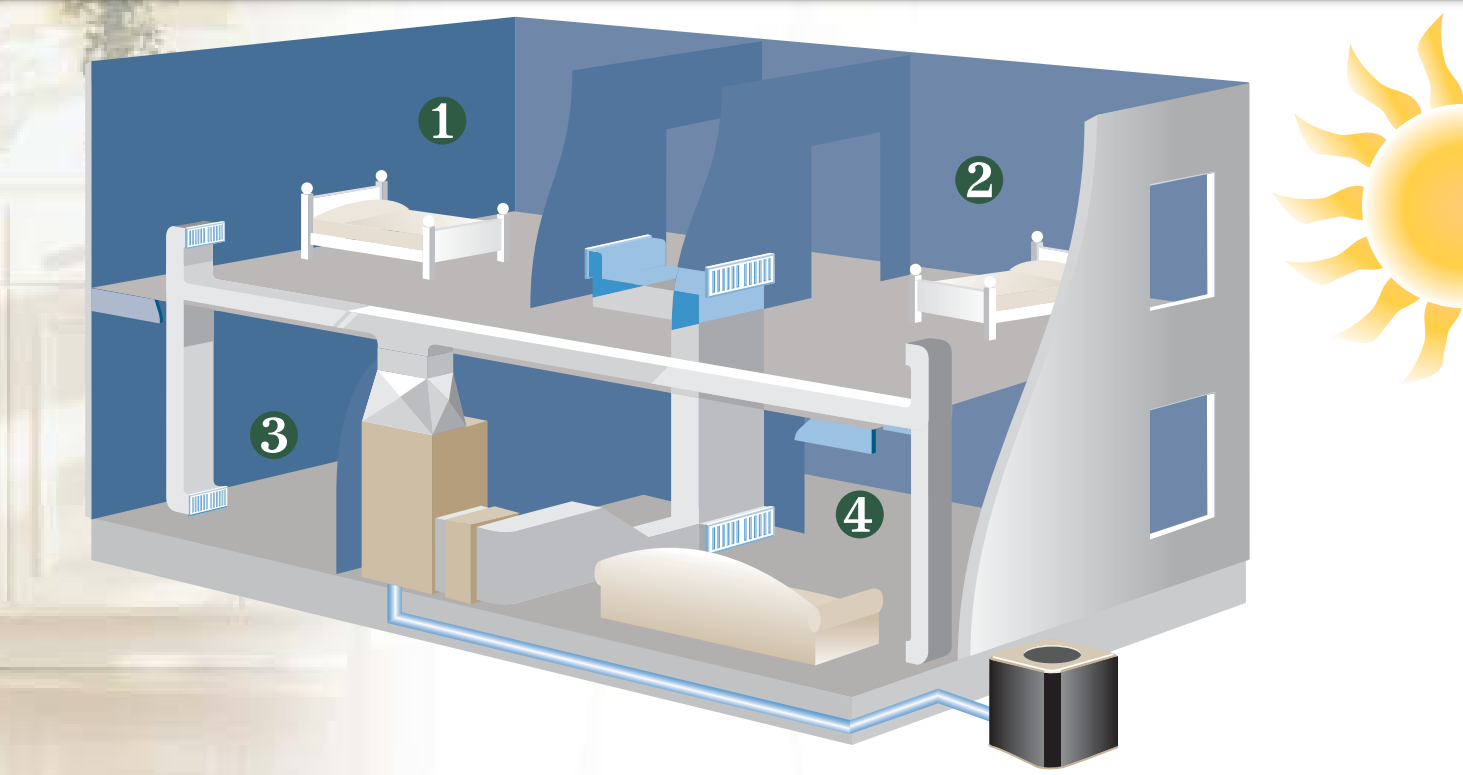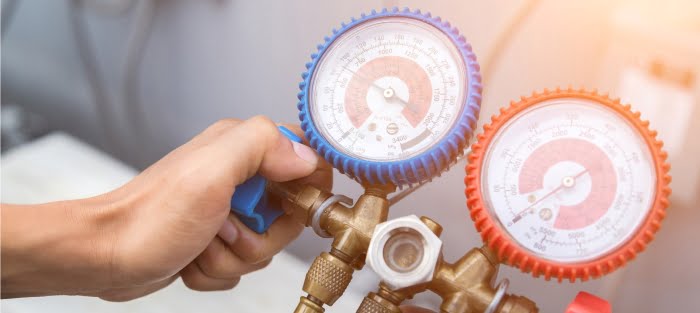Frequently Asked Comfort Questions
Ask An HVAC Expert
We often received questions from our customers about the care, use and maintenance of their indoor climate systems. Here you will find a selection of the most frequently asked questions. If you have a question that isn’t answered here, feel free to contact us at any time and one of our customer care representatives will gladly assist you.
Send Us Your Questions
Do you have a comfort related question? Use the form below to ask our comfort experts we’ll get back to you with an answer as soon as possible.
articles on comfort
The Latest From Charlotte Comfort Systems
The Solar Eclipse will commence at approximately 1:54 p.m. ET in Charlotte, North Carolina, with the peak of the partial eclipse occurring around 3:11 p.m. ET.
This intelligent system helps ensure that your family breathes nothing but the healthiest, purest air, even amidst Charlotte's pollen season.
Zoning systems offer a multitude of benefits that align with modern homeowners' desire for personalized comfort, energy efficiency, and control.




